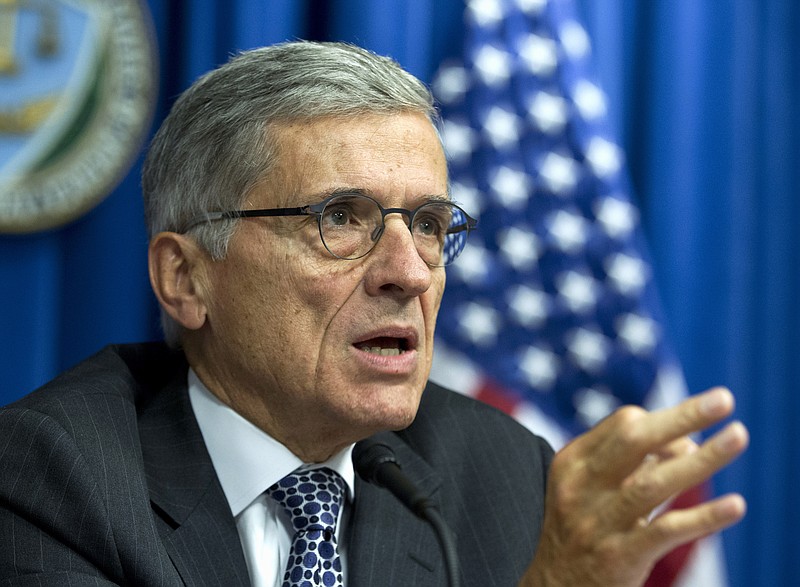The Federal Communications Commission today issued an order lifting state restrictions on where EPB may offer its high-speed broadband Internet service.
In a 183-page ruling released this afternoon, the FCC granted the authority of EPB and the city of Wilson, N.C., to move outside of their existing service territories with telecom services even though Tennessee and North Carolina law restrict such expansions.
The ruling, which follows the 3-2 vote by the FCC on Feb. 26 to overrule state limits on municipal broadband services, immediately allows EPB to expand the neighboring areas such as southern Bradley County where no broadband service is available within a few miles of EPB's fastest-in-the-land, gigabit-per-second Internet service.
EPB President Harold Depriest said he applauds the FCC ruling, but added a word of caution.
"It may be some time before the dust settles on this ruling," DePriest said.
"We're glad that a growing number of state lawmakers are supporting proposed legislation that would remove the territorial restrictions that currently prevent municipal utilities from extending fiber services to neighboring areas," he said. "This Tennessee-driven approach is the best near-term option for serving more of the people across our state who are currently un-served or poorly served with broadband connectivity."
In the commission's decision two weeks ago, FCC Chairman Tom Wheeler called the issue "simple" even though state officials have complained that a federal agency is usurping local control and regulatory authority.
"These communities want to determine their own path," Wheeler said. "Communities across the nation, including these two petitioners, understand that access to fast, fair, and open broadband networks is key to their economic future and the future of their citizens. But as the Commission's 2015 Broadband Progress Report makes clear, broadband deployment especially in rural areas is not occurring broadly or quickly enough to meet the increasing bandwidth demands of consumers."
The FCC ruling is likely to be challenged. Tennessee Gov. Bill Haslam has asked the state's attorney general to consider appealing the FCC decision, which critics claim represents an illegal and undue interference by the federal government of state regulatory authority.
AT&T and other private telecom companies have complained that municipal utilities have an unfair tax and borrowing advantage to compete with private businesses and may cross subsidize competitive telecom services with money from monopoly power service.

